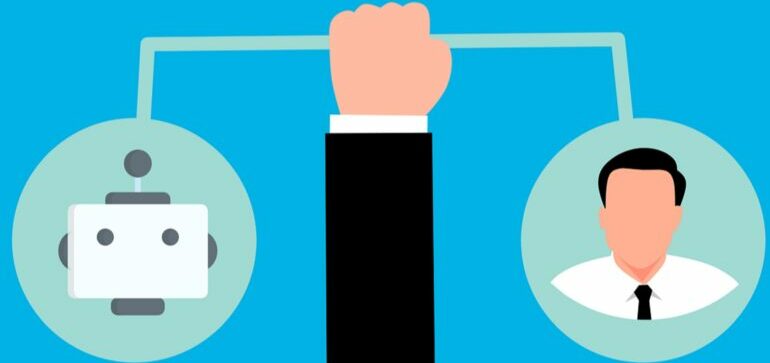
The post-Covid workplace isn’t as daunting as many feared. In fact, generative AI and other new forms of automation have blazed new trails in creativity, collaboration and human connections. Indeed, nearly 9 out of 10 people (87%) say automation saves time.
Those are among the contrarian findings of a new report based on answers from 1,000 knowledge-based workers in the U.S. and UK about the impact of automation beyond productivity and efficiency.
Since the pandemic, the overriding narrative held that work was fundamentally altered, creating a sense of instability and uncertainty that left individuals overworked. Mix in the meteoric rise of GenAI and fewer resources in an era of austerity, and overtaxed employees have yearned for more meaningful time on the job as well as job security.
But that is not necessarily the case, based on Workato’s “Automate to Elevate” report, commissioned by market research firm Sago.
“Acknowledging automation as a path forward for elevating work, people and culture is crucial to the success of companies, regardless of industry or size,” Stephanie Dwight, vice president of automation and applications at Workato, said in a statement. “Now is the opportunity for leaders to invest meaningful time, resources and money into their workers to promote a sense of belonging.”
The report identified several intriguing insights:
- Building workplace relationships is crucial. Some 81% said building positive relationships and connections with co-workers at any level is important in overall job satisfaction.
- Productivity and quality of work go hand in hand. The use of automation tools aided 38% in focusing more time on business-critical work.
- Automation is helping bring teams together. Whether through collaboration, connection or innovation, the introduction of technology into the workplace, specifically automation tools, led 33% of respondents to conclude they were more innovative with a team.
- Automation sparks creativity elsewhere. More than one-fourth (28%) said they feel more creative because of the time automation saves them; 63% of workers said automation makes their work more creative.
“As organizations continue to explore what the future of work looks like, many have to take into consideration how they will foster an environment that allows all workers to be creative, collaborative, and connect,” Dwight said.
Workato’s results fly in the face of recent studies and surveys that revealed high anxiety among workers (and employers) on the far-reaching sweep of AI. Their dread ranges from job displacement and inadequate AI skilling of workers to concerns over security and compliance. Most of all, there is a foreboding fear of missing out and being passed by competitors if an organization doesn’t adopt and implement GenAI as quickly as possible.
To that end, 70% of businesses’ generative AI projects are stuck in the pilot or testing phase, Philip Rathle, chief technology officer of graph database software company Neo4j, said recently.


